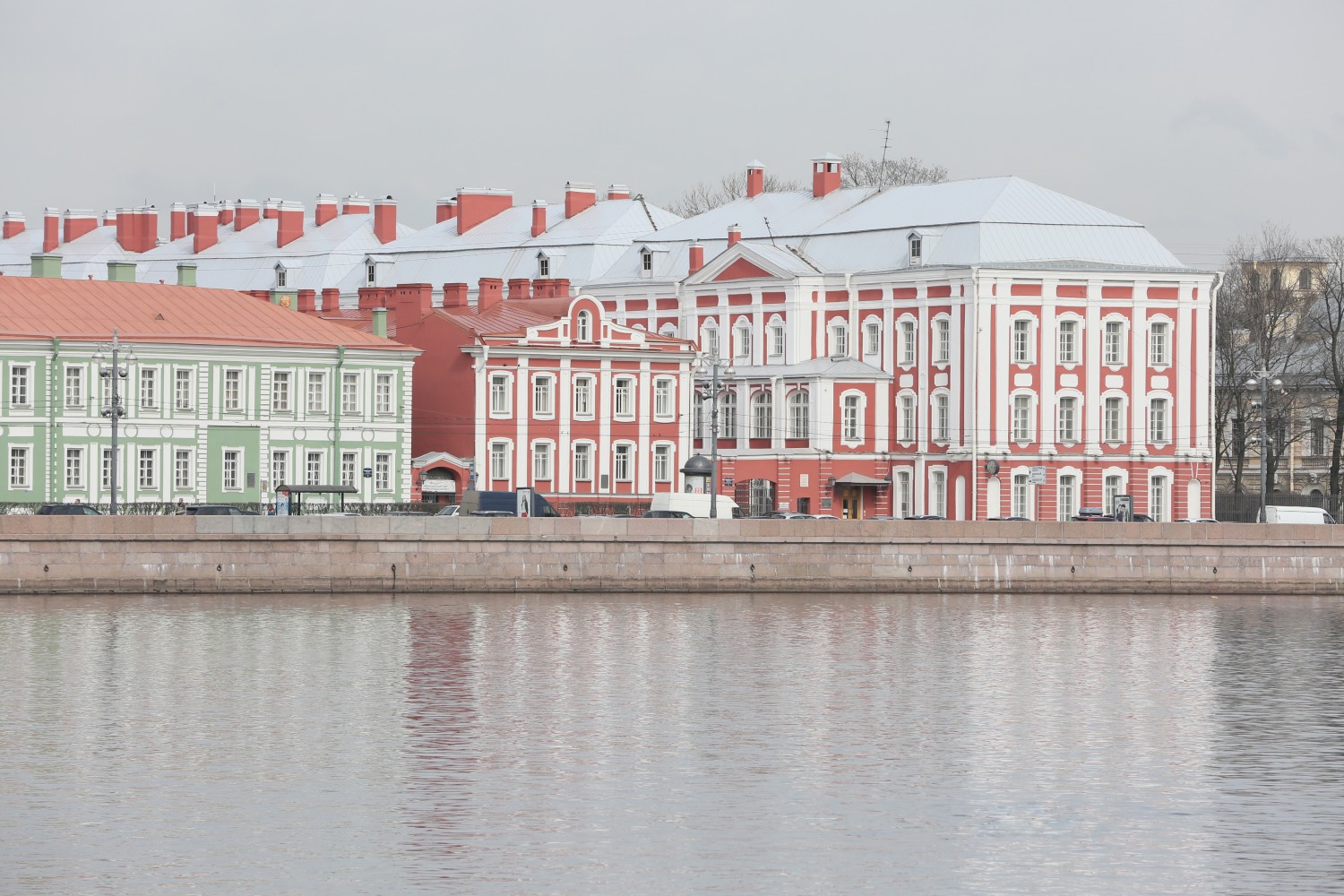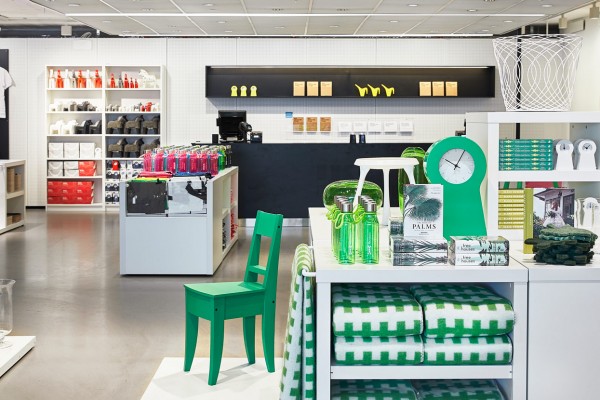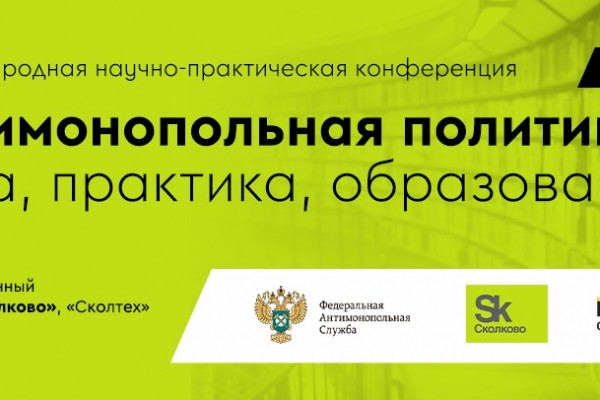Alexey Ivanov, Director of the BRICS Competition Centre, presented a paper "Parallel Imports and Development of Competition" as part of the VI International Research-to-Practice Conference "Protection of Competition Under Global Economic and Social Changes" on February 3.
The conference was organized by the FAS of Russia, the Lawyer Publishing Group, St. Petersburg State University and A.S. Griboyedov Moscow University.
Aleksey Ivanov touched upon the geopolitical aspects of the current regime of parallel imports, pointed out the active lobbying of developed countries for the national principle of exhaustion of rights through the international organizations TRIPS and WTO and through bilateral free trade agreements with third countries, beneficial for western companies.
The history of the question in Russia was raised, starting from the law on trademarks of 1992 up to the article 1487 in the Civil Code of the Russian Federation. It was noted that the adoption of the norm passed in the conditions of insufficient knowledge of the legislator. Additionally Alexey Ivanov told about the complex interdisciplinary research "Intellectual Property and Society Development: Time for Pragmatics" conducted by the HSE experts. The study revealed that 54% of the respondents pointed out the advantages of parallel imports and 81% of the respondents said that they were forced to buy imported goods at excessive prices.
"The majority of respondents noted that the principle of national exhaustion of rights restrains the development of business and creates conditions for discrimination of consumers in terms of price, assortment and quality of goods,"
Ivanov noted.
At the end of his speech, the Director of the Centre paid attention to the palliative regulatory measures taken in connection with the increased sanctions pressure, including those enshrined in the Federal Law № 46 of March 8, 2022 and the Government Decree № 506 of March 29, 2022. Ivanov emphasized the economic inefficiency of the short duration of the measures and the limited list of goods covered by these acts. Moreover, problematic aspects of the order No.1532 dated April 19, 2022 which was adopted by the Ministry of Industry and Trade of the Russian Federation were analyzed.
"The order forms an extremely inconsistent and non-transparent system of regulation. The very principle of forming a list of goods for parallel imports does not fit into the logic of civil law regulation. The list is not transparent — goods are included and excluded on unclear, non-transparent grounds,"
said the director of the BRICS Competition Centre.
According to Ivanov, the order contradicts the Constitution of the Russian Federation, restricts fundamental rights without a corresponding federal law and violates the principles of predictability and trust in government actions.




